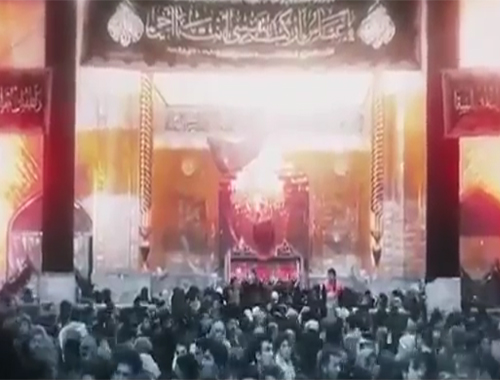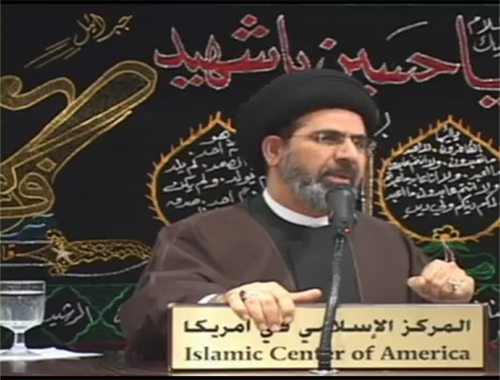What is Toriya? (Concealment of truth without uttering a lie)
- Details
- Hits: 7436
What is Toriya? (Concealment of truth without uttering a lie)
Toriya means to say something, which could be interpreted in more that one way. One of the meanings should be the truth and the other against reality. It is said that one who speaks a ‘Toriya’ intends the true interpretation whereas the listeners take it to mean the opposite. For example if a tyrant comes to your place and wants to call you outside but you want to remain in the safety of your home, a person from your family can go to the door and say, ‘He is not here’; with the intention the ‘He’ is not at the door. The tyrant may think that you are not at home. This is permitted.
Or if an oppressor is asking you the whereabouts of a person whom he intends to oppress. In this case you can say, ‘I do not know his whereabouts’; signifying by the pronoun ‘his’ someone else whose whereabouts you really do not know. In the same way if one has committed a greater sin and someone asks him, “Have you committed this sin?” The person could save his honour by saying, “I shall seek forgiveness from Allah (S.w.T.) if I ever committed it.”
Similarly he may use uncertain terms or rhetorical sentences.
For example he may say, “Do you expect me to commit such a grave sin?”
Or he can also say the following prayer,
“O Allah protect me from such a sin.”
Also if you have pointed out somebody’s fault and he feels bad about it, there is no need to utter a lie and say, “You do not have this fault.” What can be said to pacify instead is, “Your personality is such that it is wrong to say such things about you.”











